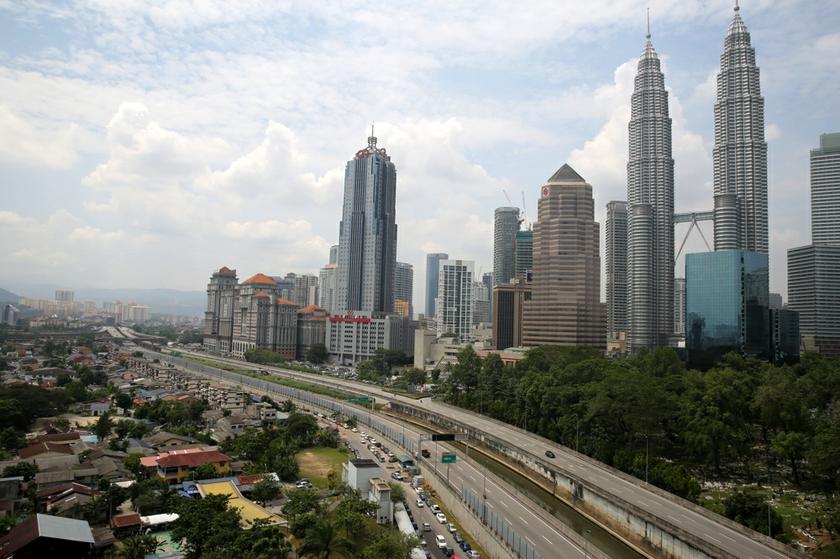IPOH, Sept 6 — Malaysia is facing a shortage of talents in areas related to Science, Technology, Engineering and Mathematics (STEM) while gearing itself up to become a developed nation by 2020.
Science, Technology and Innovation Minister, Datuk Seri Madius Tangau said as of last year, Malaysia produced only about 20 per cent skilled workers, which was far from its target of 50 per cent for 2020.
As such, Madius urged parents and the community to be aware of the importance of their children mastering STEM, which would certainly provide wide job opportunities.
“STEM-related careers have shown to yield a 12 per cent increase in the average monthly household income to RM6,141 in 2014 compared to RM4,025 in 2009.
“There are 30 million Malaysians right now and I’m sure there are many ‘Steve Jobs’ out there. It’s time for us to innovate and tap into the STEM industry.” He told this to reporters after delivering his keynote address at the Pangkor International Development Dialogue (Pangkor Dialogue) 2016, here, today.
Madius said that since 1967, Malaysia was targeted to attain a 60:40 ratio of science to non-science graduates, with 270,000 students to take up Science and Technology at the tertiary level by 2020.
“We must monitor why students are not aiming for STEM-related careers. There are only four years left but we are maintaining our target. We need to change mindsets from wanting to be job seekers to becoming job creators,” he said.
Asked if the government was hitting the panic button because of declining STEM talents, Madius said it was the responsibility of all Malaysians and not only the government’s to rectify things.
He said the government had taken several initiatives including applying inquiry-based learning (IBL) (as practised in Singapore).
“We have introduced this system at a number of low-performing schools which have produced good results, with some of these schools performing better than the prestigious schools,” he added.
Earlier, Madius in his speech said that after almost 45 years of implementation of the New Economic Policy, the poverty incidence in Malaysia declined from almost 50 per cent of the population in 1970 to less than two per cent today.
“At this juncture, I would like to reiterate that Malaysia has achieved good human development outcomes over time,” he said. — Bernama



















